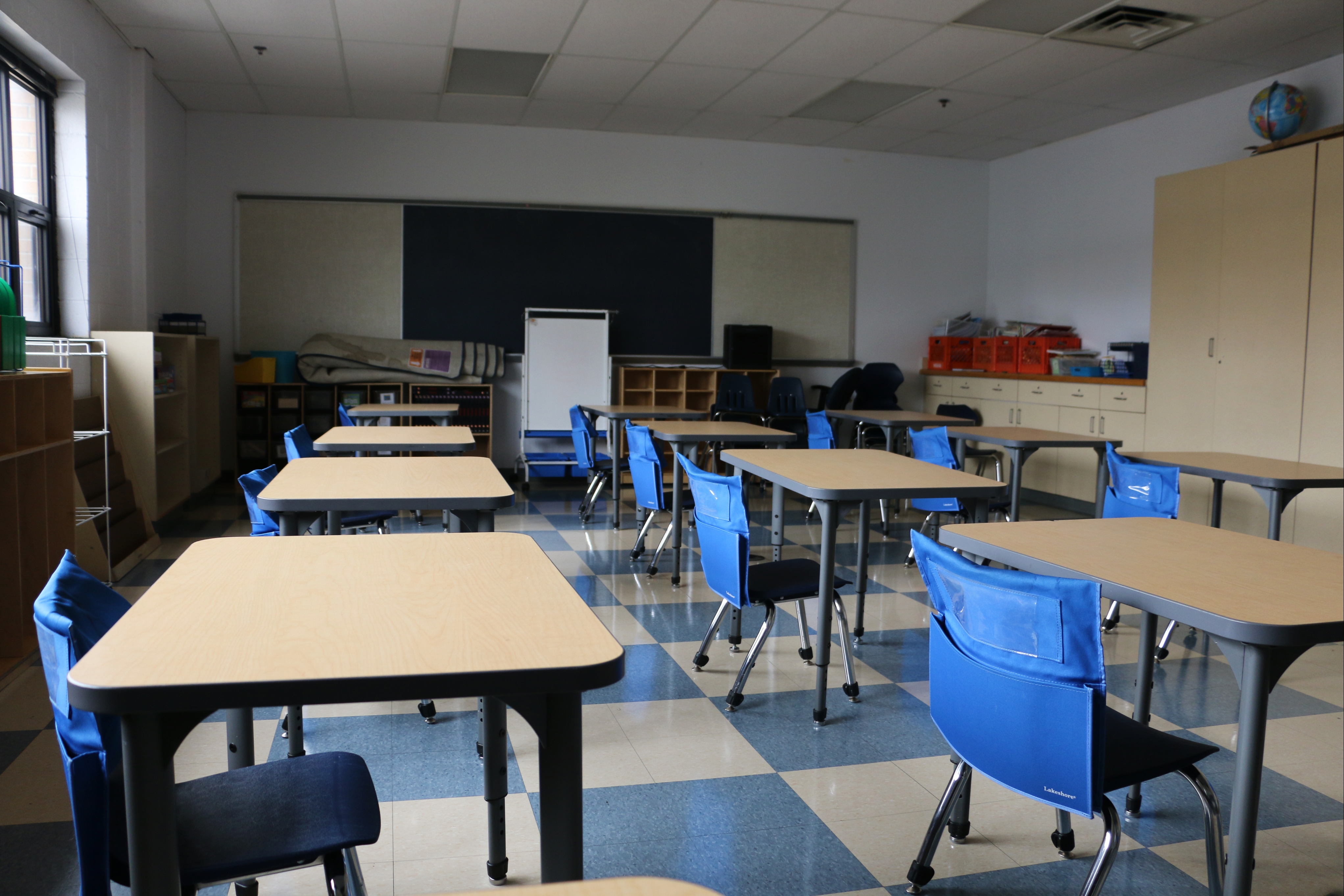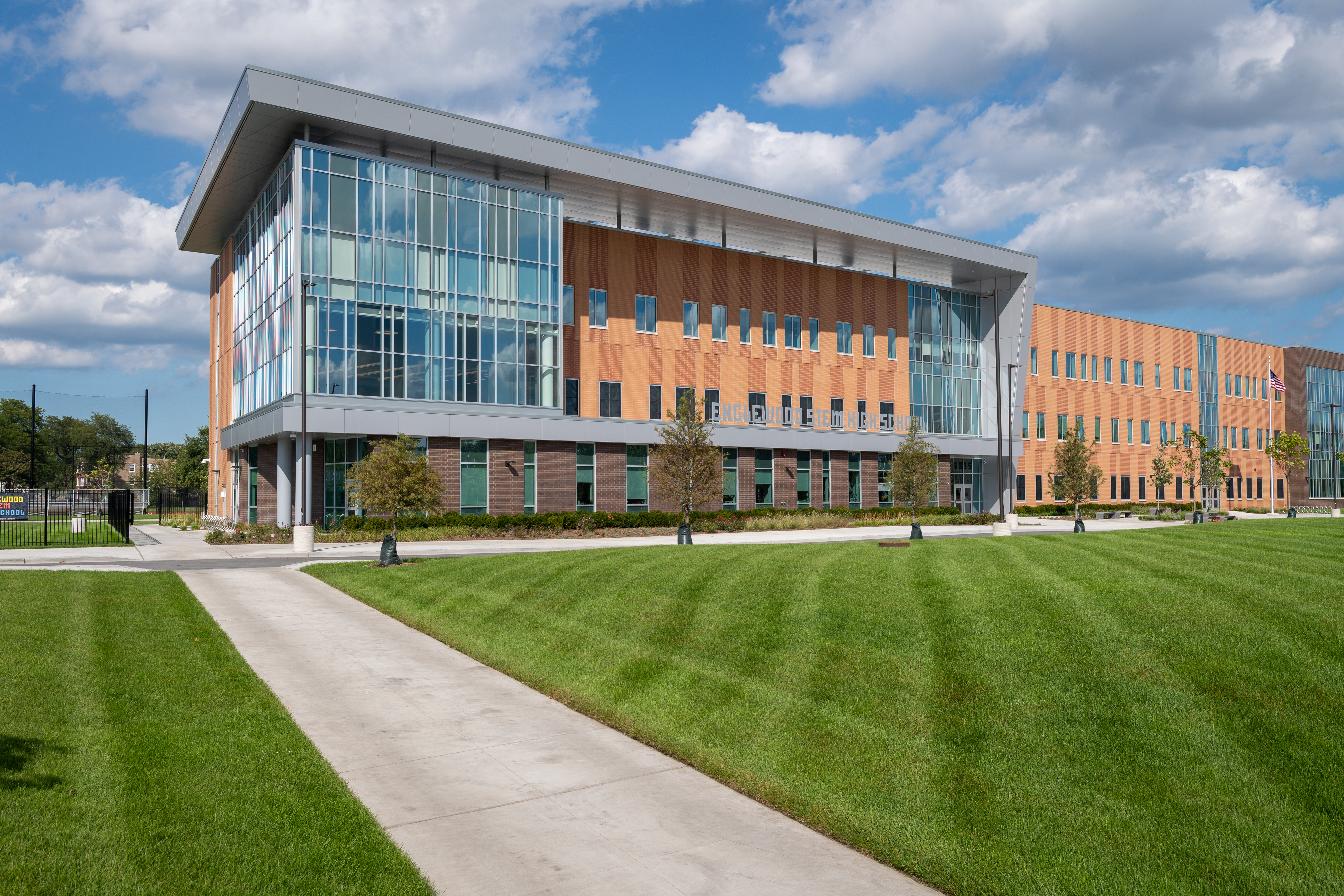Why It's Critical to Rally Together to Save Temecula Schools
Why It's Critical to Rally Together to Save Temecula Schools
Blog Article
Recognizing the Relevance of Colleges in Child Development and Neighborhood Growth
Schools work as critical establishments for kid advancement and community growth, giving environments where scholastic success are complemented by the farming of social abilities and exposure to varied viewpoints. These instructional setups not only promote important reasoning and efficient communication yet likewise foster compassion with joint jobs. Institutions' interaction with regional communities with service-learning campaigns reinforces the bond between families and academic establishments. This symbiotic relationship underscores the value of colleges in supporting energetic citizenship and lifelong knowing habits. Nevertheless, what are the certain systems through which these establishments accomplish such profound influences?
Academic Accomplishment
Academic success acts as a keystone of child growth, providing the foundation whereupon future understanding and success are constructed. Colleges play a crucial role in promoting this scholastic development, supplying structured settings where youngsters can acquire important understanding and cognitive skills. Standard curricula make sure that pupils gain effectiveness in core subjects such as mathematics, scientific research, and language arts, which are essential for both higher education and expert chances.
Along with presenting fundamental academic abilities, schools additionally cultivate critical reasoning, analytical abilities, and intellectual inquisitiveness. These cognitive competencies are important for browsing complex real-world circumstances and adjusting to the ever-evolving demands of the modern-day work environment. Teachers, as facilitators of discovering, employ varied pedagogical strategies to deal with varied knowing designs, thus taking full advantage of private student capacity.
In addition, scholastic success is closely connected to self-confidence and motivation. Children who experience scholastic achievements are more probable to develop a favorable self-concept and a long-lasting passion for knowing. Schools additionally provide numerous resources, such as collections and modern technology, which even more improve the academic experience and prepare pupils for a technically sophisticated culture.
Social Ability Growth
Beyond academic achievement, the role of colleges in social ability advancement is vital. Schools serve as a main location for youngsters to discover and exercise essential social skills such as communication, conflict, and participation resolution. In the structured environment of a classroom, trainees connect with peers, instructors, and other college team, using various chances to develop these critical capacities.
Effective social ability development in colleges is promoted via group tasks, collective tasks, and extracurricular programs. These communications help pupils comprehend social standards, construct compassion, and foster a sense of neighborhood. For example, group assignments show pupils just how to collaborate towards a common goal, listen to various perspectives, and browse arguments constructively.

The farming of social skills during college years lays a foundation for future individual and specialist relationships. Save Temecula Schools. As pupils grow, the capacity to efficiently team up and communicate comes to be significantly important, emphasizing the college's essential role in holistic youngster advancement
Direct Exposure to Diversity
Exposure to variety in institutions is essential to fostering a comprehensive way of thinking and widening students' viewpoints. Schools serve as a microcosm of the wider culture, and coming across diverse societies, languages, and socioeconomic backgrounds within this setting gears up pupils with necessary skills for browsing a significantly globalized globe. This exposure motivates empathy, decreases prejudices, and advertises shared regard amongst peers.
Diverse class additionally boost cognitive and social growth. Research study suggests that students who connect with peers from diverse histories exhibit far better analytic abilities and creative thinking. They discover to appreciate various viewpoints, which enriches classroom conversations and cultivates a much more dynamic learning experience. Additionally, this understanding of diversity prepares students for future offices that worth great site multicultural skills.

Neighborhood Engagement
The advantages of diverse class expand past the institution walls, fostering a solid feeling of area interaction amongst pupils. By interacting with peers from different social, socioeconomic, and ethnic backgrounds, pupils get a wider perspective and an appreciation for variety. This direct exposure urges them to come to be energetic people who are willing to add favorably to their communities.
Colleges that emphasize area engagement usually integrate service-learning tasks, which allow pupils to resolve real-world problems while using scholastic abilities. These jobs not just enhance trainees' understanding of their coursework however also infuse a feeling of responsibility and empathy. Collaborations in between schools and neighborhood organizations offer trainees with chances to participate in area events, better solidifying their function as proactive neighborhood participants - Save Temecula Schools.
Additionally, adult and community participation in institutions strengthens the bond in between academic establishments and the communities they serve. Via these efforts, schools play an essential function in supporting community engagement and cultivating societal development.
Lifelong Learning Routines
Creating long-lasting understanding practices is necessary for a kid's continual development and versatility in an ever-changing world. Institutions play an essential role in instilling these routines by producing an environment that fosters inquisitiveness, vital reasoning, and a love for expertise. Through varied curricula and extracurricular activities, instructors encourage trainees to discover numerous topics, assess details seriously, and apply their finding out to real-world situations.

In addition, colleges offer an organized setting where children can establish self-control and time monitoring skills, both of which are crucial for constant discovering. By emphasizing the significance of wikipedia reference establishing goals, assessing progression, and adapting approaches, academic organizations prepare students to navigate the complexities of adult life, ensuring they remain long-lasting students and factors to society.
Verdict
In conclusion, institutions are necessary in fostering child development and neighborhood development by giving environments helpful to academic achievement, social skill advancement, and exposure to variety. Ultimately, colleges cultivate lifelong discovering behaviors, gearing up people with the essential expertise and abilities to add favorably to culture.
In the organized environment of a class, trainees communicate with peers, educators, and other institution personnel, offering numerous possibilities to establish these important capacities.
In essence, direct exposure to variety within schools not only enhances specific trainees yet additionally reinforces the social fabric of the area as a whole.
The advantages of varied class extend past the school wall surfaces, fostering a strong feeling of community interaction among students.Institutions that emphasize area involvement usually integrate service-learning jobs, which permit pupils to deal with real-world issues while using academic abilities. Partnerships between colleges and regional companies provide students with chances to get involved in neighborhood events, further strengthening their duty as proactive neighborhood members.
Report this page